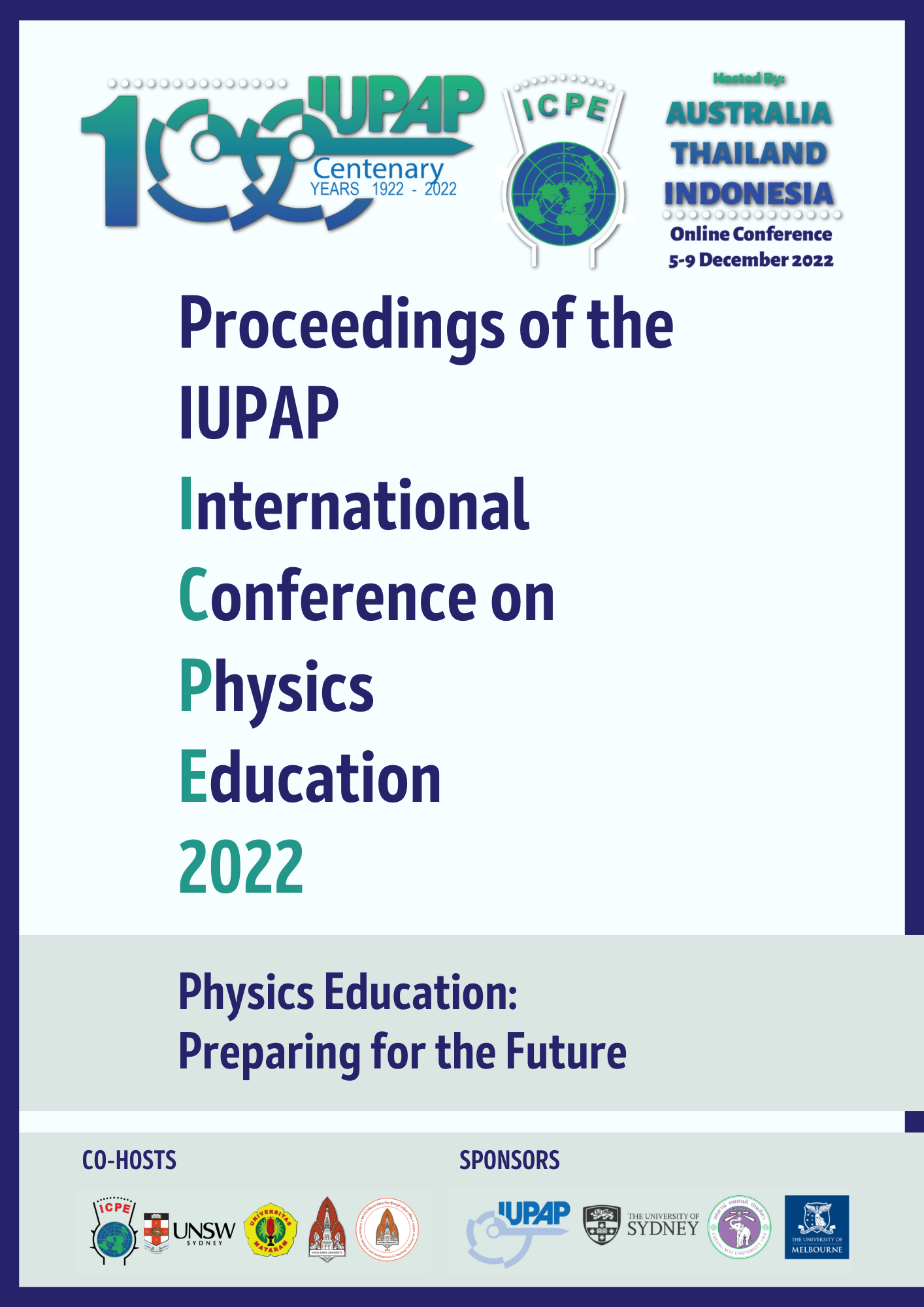Translation and adaptation of “Study Processes Questionnaire for Physics” to the Turkish language
Keywords:
Scale Adaptation, Study Processes, Study HabitsAbstract
In this study, an aim was to adapt the Study Processes Questionnaire for Physics (SPQP) (Sharma, Stewart, Wilson, & Gökalp, 2013) to Turkish, which is adapted from the Study Process Questionnaire-SPQ (Biggs, 1987) by Sharma et al. (2013). The aim of adapting this scale to Turkish is that there is no scale of study processes suitable for science subjects available for secondary school students in Turkey. Our aim in this study is to use this scale on secondary school students studying in Turkey to measure the processes surrounding how they think about physics subjects, their ways of knowing how to learn and their working methods. The original SPQP scale contains 28 5-point Likert type items administered to university physics students. Its validity and reliability were tested and the results were evaluated. Afterall, 16 items were retained in the scale. Validity and reliability results of SPQP were consistent with SPQ. In the current study, the SPQP was to be used for younger students. Beside changing the language, cultural and environmental differences were taken into account by the researchers. The items were translated into Turkish and carefully assessed by the experts to see if it fit the culture of the country. Expert opinions were taken to ensure unity on the terms. Expert opinion was again consulted to see its suitability for the purpose and target students. At the current stage, the adapted SPQP is ready to be used for a pilot study with about 600 students. This stage will be completed by November and the detailed results and conclusions will be presented.
REFERENCESBiggs, J. B. (1987). Student Approaches to Learning and Studying. Australian Council for Educational Research. Camberwell, Vic.
Sharma, M. D., Stewart, C., Wilson, R., & Gokalp, M. S. (2013). Student Approaches to Learning in Physics-Validity and Exploration Using Adapted SPQ. International Journal of Environmental and Science Education, 8(2), 241-253.
Downloads
Published
Issue
Section
License
Authors who publish with the Proceedings of the International Conference on Physics Education 2022 agree to the following terms:
a) Authors retain copyright and grant the journal right of first publication with the work simultaneously licensed under a Creative Commons Attribution License (https://creativecommons.org/licenses/by/4.0/) that allows others to share the work with an acknowledgement of the work's authorship and initial publication in this journal.
b) Authors are able to enter into separate, additional contractual arrangements for the non-exclusive distribution of the journal's published version of the work (e.g., post it to an institutional repository or publish it in a book), with an acknowledgement of its initial publication in this journal.
c) Authors are permitted and encouraged to post their work online (e.g., in institutional repositories or on their website) prior to and during the submission process, as it can lead to productive exchanges, as well as earlier and greater citation of published work (See The Effect of Open Access - http://opcit.eprints.org/oacitation-biblio.html).
Privacy Statement The names and email addresses entered in the Proceedings of the International Conference on Physics Education 2022 site will be used exclusively for the stated purposes of this journal and will not be made available for any other purpose or to any other party.
